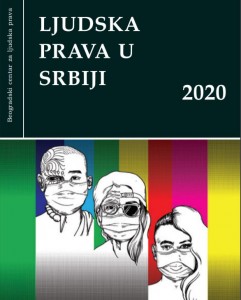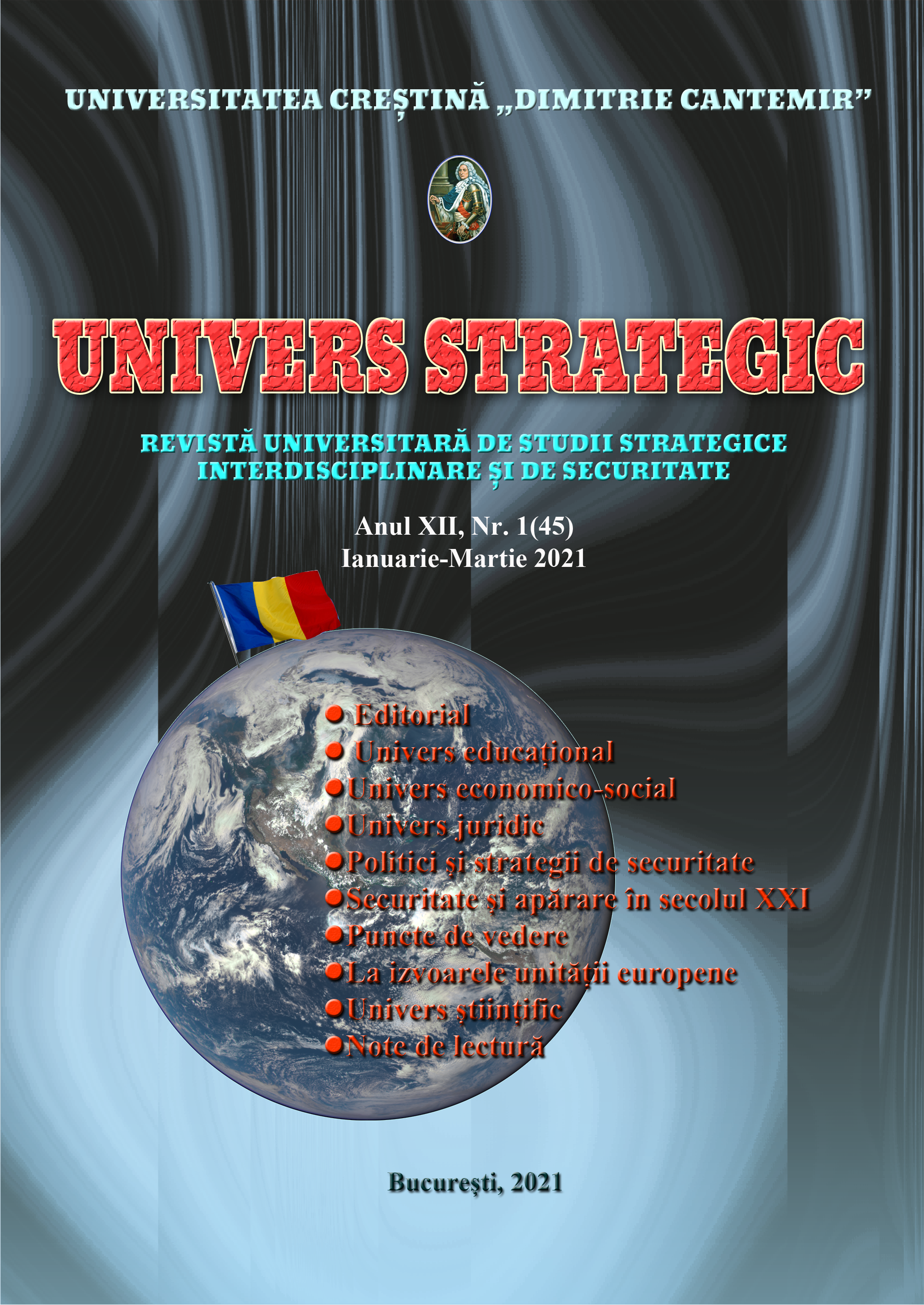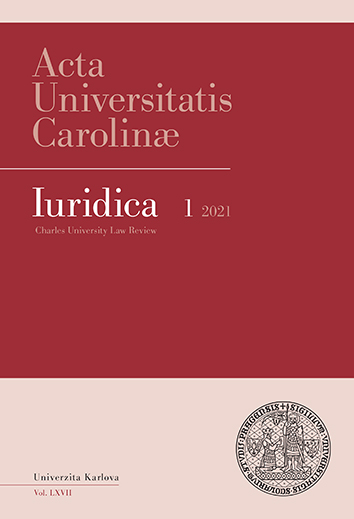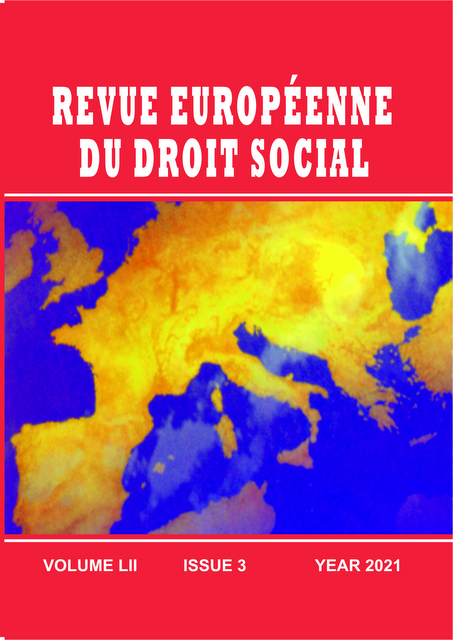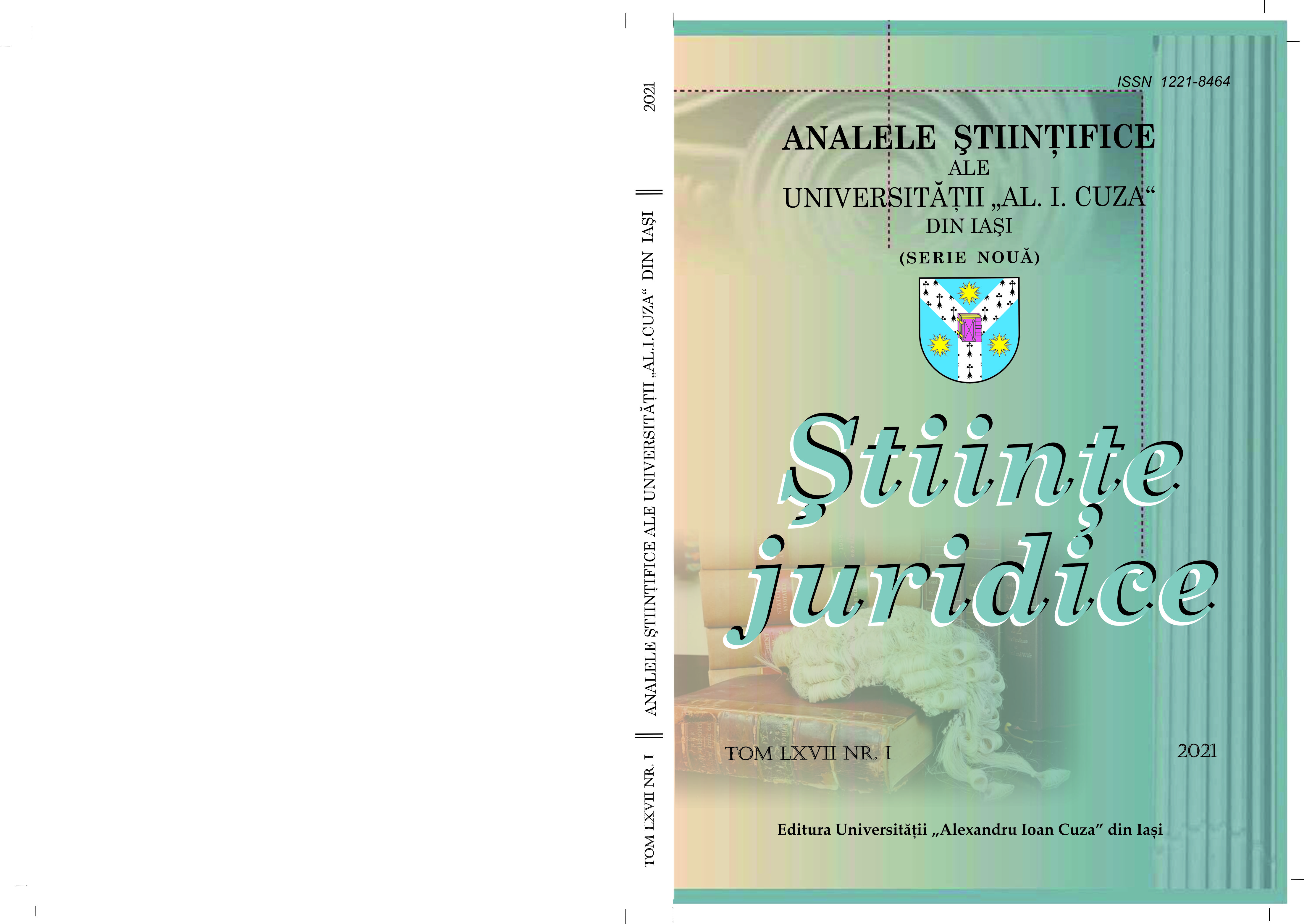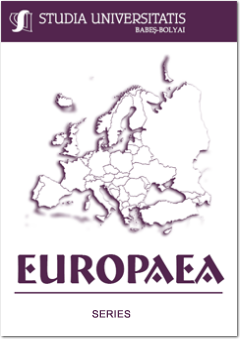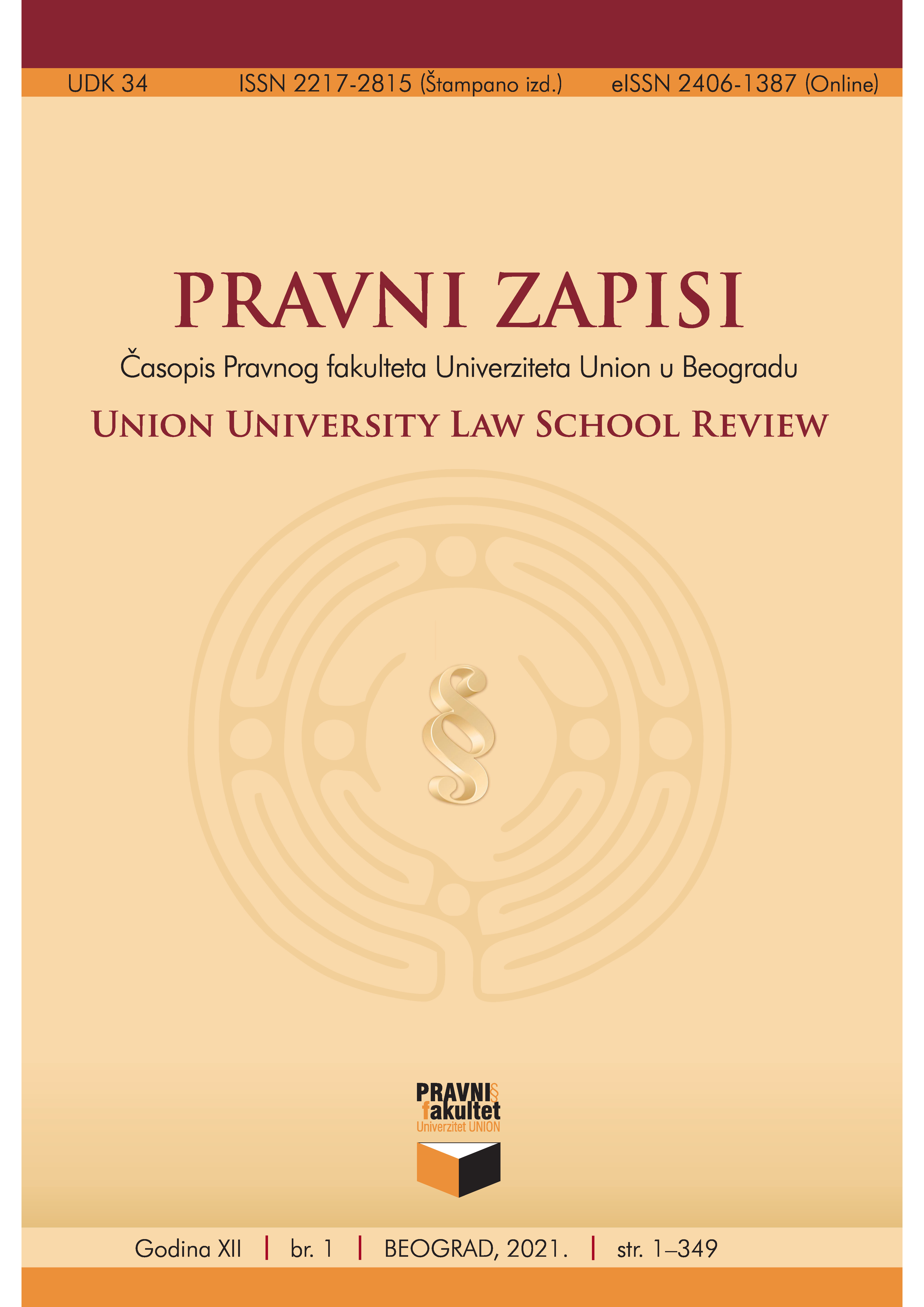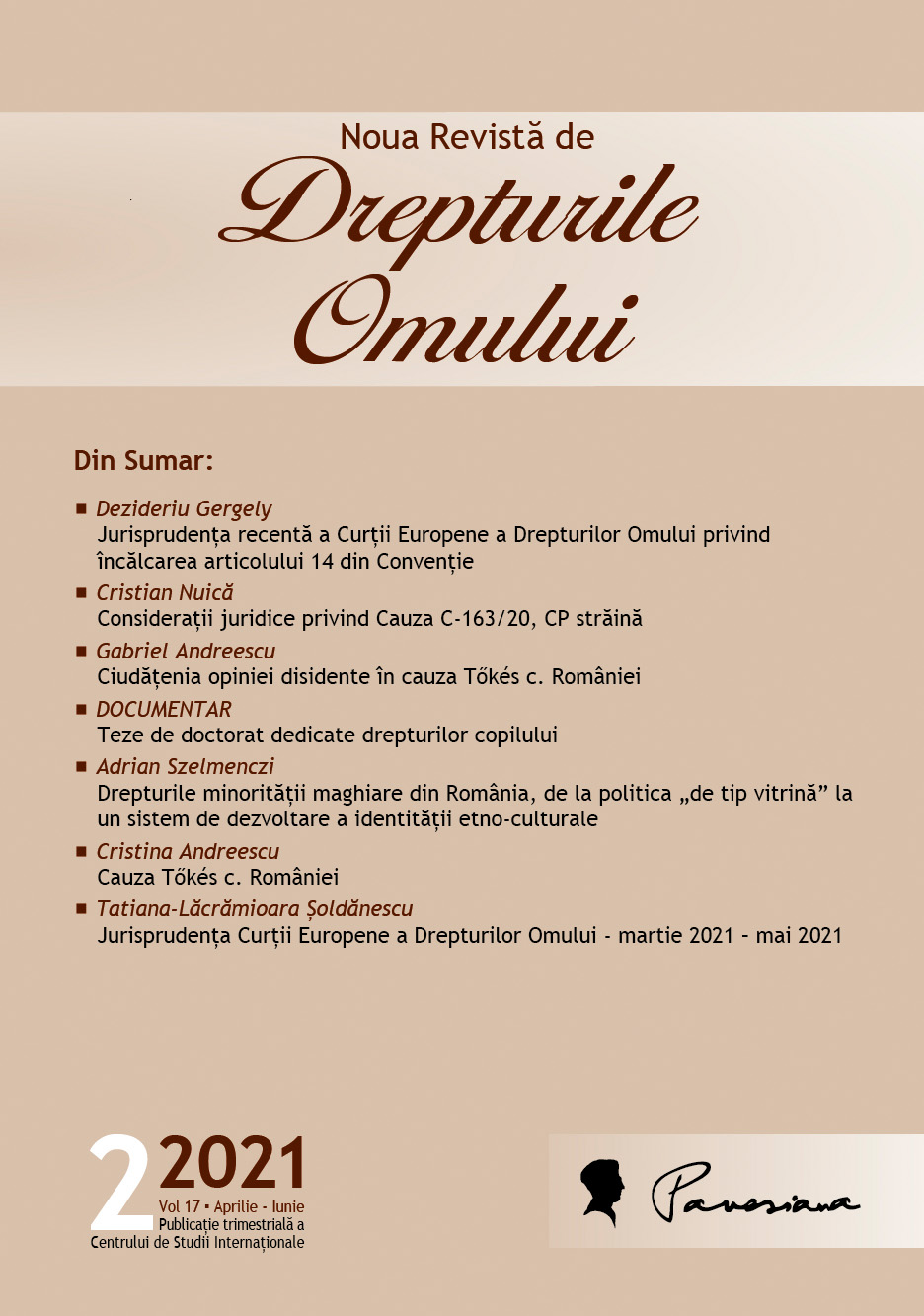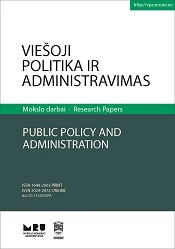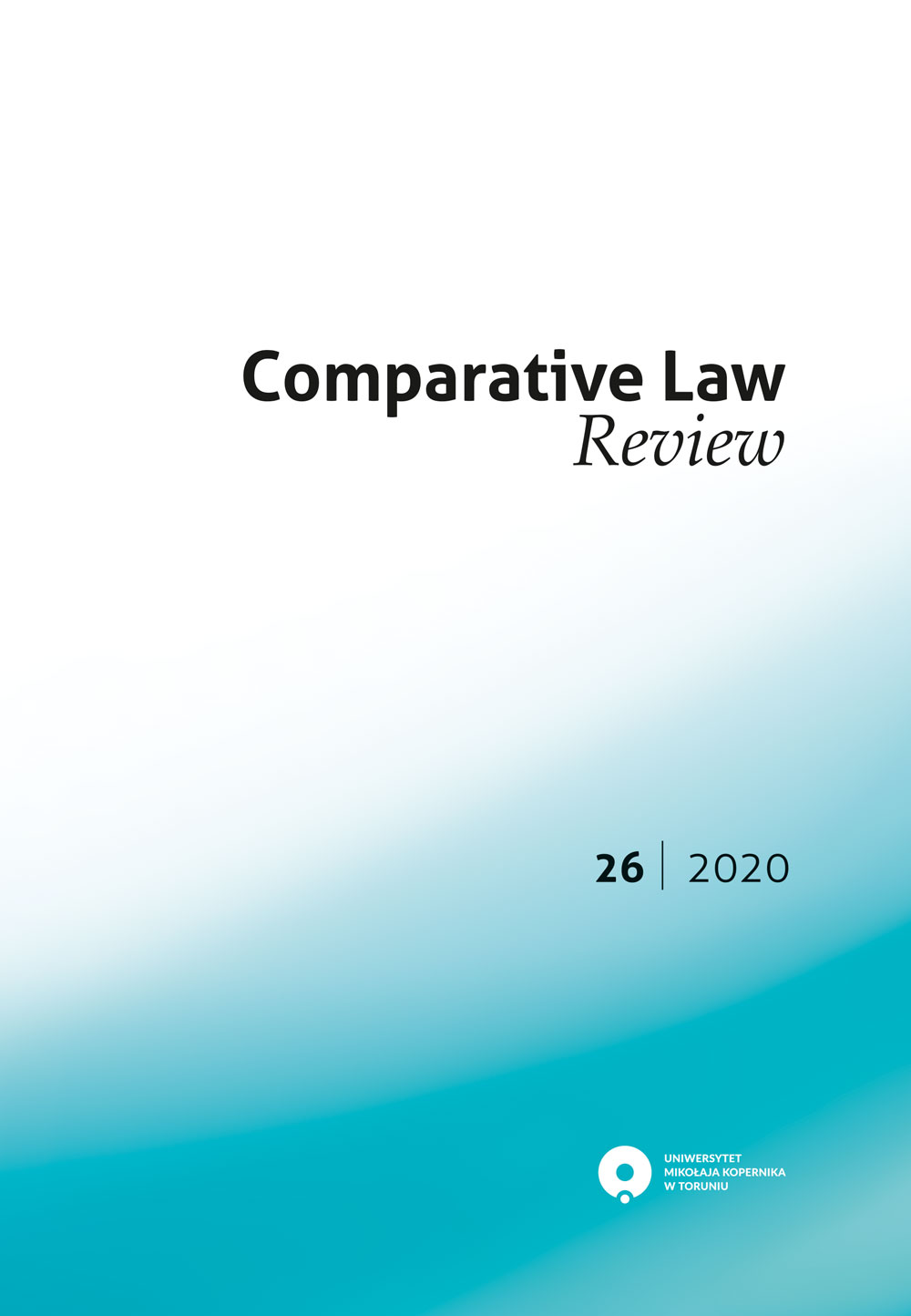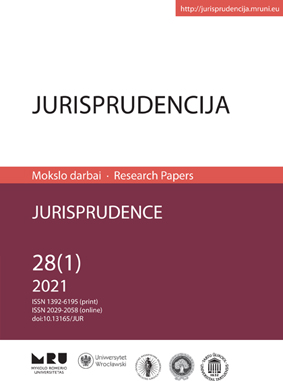Author(s): Mădălina Virginia Antonescu / Language(s): Romanian
Issue: 45/2021
Our study explores 5G technologies from the perspective of their inner nature of military technologies, implicitly recognized by states (once they are referring to them as ”endangering essential security components” and invoking qualities of ”strategic alliances” members), surpassing thus, a private or commercial approach of that issue. 5G technologies are in fact, military technologies introduced into the international trade under the qualification of ” commercial products/services”, due to an ultra-liberal, absolutized interpretation (based on free trade principle) of WTO rules and by using the absence of a regional/international convention of express prohibition regarding 5G technologies and their extraction from the international commercial flux (as result of their definition as ”military technologies”, as ”weapons of mass destruction”). Beside the fact they are representing the greatest challenge of XXIst century (electromagnetic pollution, electro-smog, with direct effect on strategic resources of states and actors proposing themselves to affirm as ”green powers” into the XXIst century, on their biodiversity, on their flora and fauna, and generally, on organic life), 5G technologies are producing a direct security risk towards populations and strategic objectives, territory and sovereignty of targeted-states or regarding states used for positioning 5G equipments and installations. From the regional perspective (Black Sea, for example), 5G technologies are creating an imminent and direct risk of increasing regional tensions, due to the implicit recognition of their military nature, involved by their installation on the territory of some states, qualified from this perspective (mixed with the commercial one) as ”strategic partners” - a situation generating the perception for other regional powers (as Russia, Turkey, China) that are players at the Black Sea, that 5G installations are representing an expansion/a double presence of military basis, one of new type, specific to the electromagnetic and informational war. As consequence, the balance of security at the Black Sea region is changing in ways insufficiently explored, the balance of security in Europe is also, changing (as a territory with many great players with different regional interests), the UN Charter order is also changing, as put under discussion by this ultra-liberal interpretation of free market and free trade, allowing to the military technologies equipments and networks (as 5G) to expand and penetrate anywhere under the qualification of ”commercial services/products”. The international order itself, from the WWII until now, is changing, because the mutation of the international system and the establishment of the new hegemony for the entire XXIst century are not happening anymore under the classic rules of declaring and operating wars, but through non-conventional technologies, strategies and wars (5G war, as electromagnetic and informational type of war that begun, in our opinion, through re-arrangement of the players in the Black Sea region, where we find great powers perceiving themselves as affected/targeted by new strategies of containment, ”caught” in networks of ”strategic states” under the control of 5G companies with a similar role of classic positions of military basis).Therefore, we should take into account the creation of an imminent ”hot spot” profile for the Black Sea region, as an area traditionally featured by fragility of its regional security system -through strategic containment of regional powers as Russia or Turkey, made by other actors.
More...
